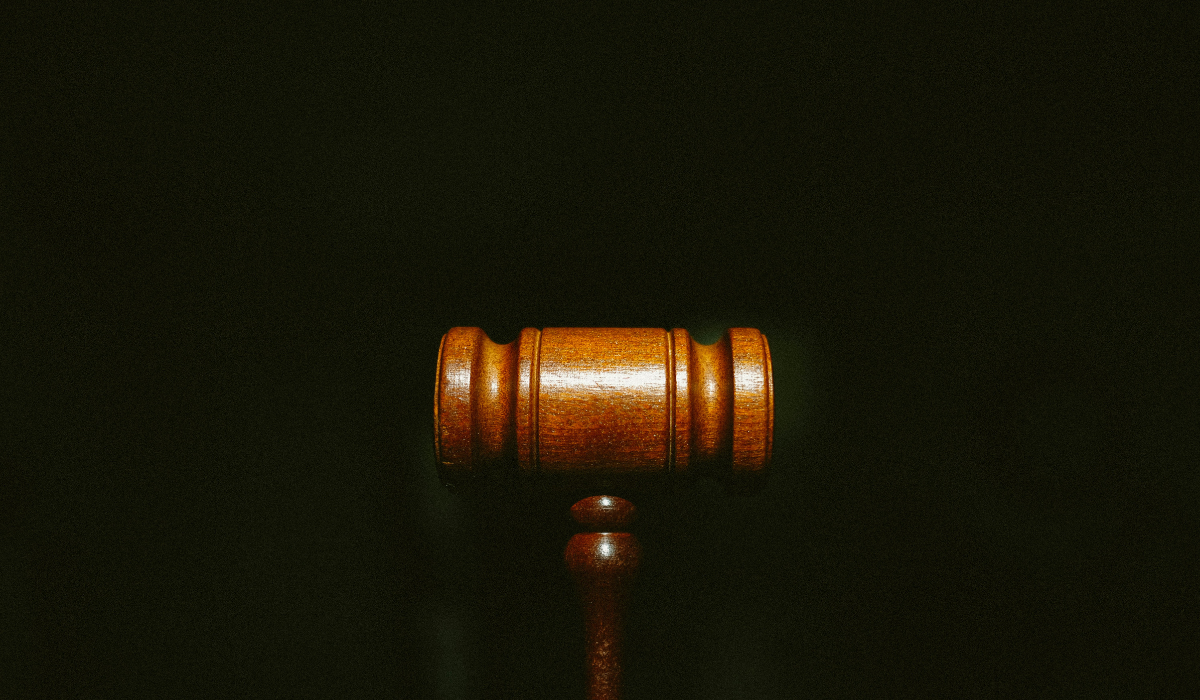Top 5 Legal Challenges in Real Estate Tokenization — and How to Overcome Them

Real estate tokenization is changing how one invests in property. It facilitates faster transactions, easier entry to global capital, and enhanced liquidity. Yet for all its promise, the legal side of tokenization is still a key obstacle. Transforming real estate into blockchain tokens is not just a technical feat — it must also adhere to complex legal rules and national regulations.
Let us look at five major legal questions that arise in real estate tokenization and what projects are doing to solve them.
What Does a Token Really Represent?
One of the first issues with real estate tokenization is the problem of legal meaning. What does a token really represent? Is it a company share? Is it a right to future profits? Or is the token an actual share of property itself?
Where possible, legislation still hasn't yet caught up in the majority of places. That renders it problematic to enforce rights or protect investors. Switzerland stands out ahead of the rest by having a DLT Act which gives blockchain tokens legal status. Elsewhere though, uncertainty abides.
That's why the majority of tokenization platforms use legal vehicles like SPVs (special purpose vehicles) or REITs (real estate investment trusts). Both help create exactly what the token is — in a form that courts will accept. It's also advisable for projects to consult with legal experts early on so that every token has legal backing.

Dealing with Securities Regulations
In most nations, a token that grants income or value appreciation can be considered a security. This means there are tough legal regulations involved — registration, audits and reporting. Companies will get themselves into serious trouble if they do not heed this.
Regulators such as the SEC in America and ESMA in Europe already have their eye on token projects.
So what do platforms do? They conduct legal checks, such as the Howey Test in America, to determine whether or not their token constitutes a security. If so, they list it or leverage in-place exemptions like Reg D, Reg S, or abide by the MiCA framework rules in Europe. All these things maintain the project as legal — and protect users.
Crossing Borders, New Rules Confronting Them
As the world is coming together through blockchain, property does not move — and local laws do. Exporting tokens abroad poses legal concerns. Foreign property ownership is illegal in certain countries. Others have tough tax laws or require special permits on digital assets.
To stay in compliance, astute platforms use geo-blocking and identity verification to control who is permitted to buy tokens. Such platforms as Sumsub and Chainalysis help ensure buyers are vetted and in compliance with their region's rules. This enables platforms to grow globally — while staying out of local regulators' hairs.
Connecting Tokens to Government Records
For tokenized property to be valid, the blockchain record must align with the official land register. But in most countries, there is as yet no such connection. If the two registers disagree with one another, then the blockchain record may not be legally valid.
Dubai is trying to change this. Thanks to its Real Estate Tokenization Pilot, Dubai Land Department is testing how to bridge its property database and blockchain tokens.
Until it becomes the standard, projects need to use lawfully permissible means like hiring notaries or registering tokens through SPVs. Token holders can then enjoy legal protection — though local registry may not yet be on-chain.

Legal Protection and Smart Contracts
Smart contracts are a great way to make rent, investor payments, or ownership transfers automatic. But what happens when it doesn't? Bugs, human mistakes, or disagreements can still cause problems.
A few countries like Singapore and the U.K. have started to recognize smart contracts as being legally binding. But that's always with having a back-up plan — a plain English, written contract setting out the terms of the agreement.
That is why high-end projects pair every smart contract with a straightforward legal document. They also have legal processes for resolving conflicts, like employing arbitration through the LCIA or ICC. This renders the system legally sound, even if the code fails.
A Step Forward
Legal nuances may come across as a barrier, but they are also a guide to getting tokenization right. From what is a token to following securities laws and integrating with land registries — every step matters.
With proper setup and legal advice, real estate tokenization is not only possible but scalable. As Dubai and Switzerland take the lead and companies like RealT and Estate Protocol show that it is possible, the future looks bright.

